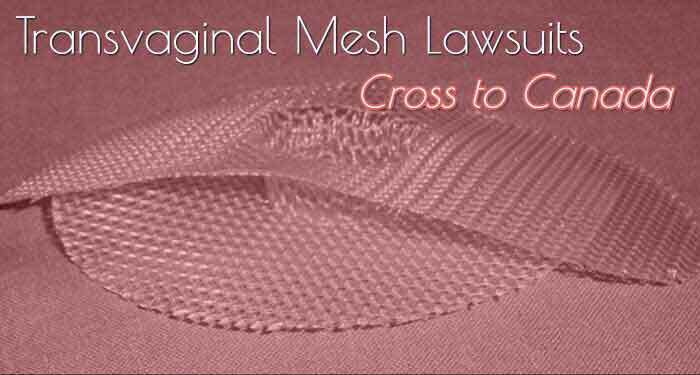
Class Action Lawsuit Against Transvaginal Mesh
February ended with a double-blow for Boston Scientific, manufacturers of the litigation-plagued transvaginal mesh.
Not only did the company fail with an appeal to the U.S. Supreme Court regarding a different medical device, it also found out it would be facing another lawsuit against transvaginal mesh in Canada.
On the U.S. side, the decision went against Boston Scientific in a patent dispute. The Supreme Court declined to hear the appeal and remanded the case back to a state court in Maryland. Combined damages related to the intellectual property rights amounted to more than $300 million when Boston Scientific lost that case back in 2014. It had hoped the country’s highest court would review the case in light of previous patent battles that went in favor of the company, but those hopes were dashed.
 While the damage has already been inflicted in that case, the financial implications of a new class action lawsuit filed in Canada last month are still being calculated.
While the damage has already been inflicted in that case, the financial implications of a new class action lawsuit filed in Canada last month are still being calculated.
North of the border, the case is the first legal action successfully filed against the company for its allegedly faulty transvaginal mesh device. Litigation in the Canadian system has been proposed against various manufacturers of the transvaginal mesh but failed to gain traction.
In this new lawsuit, the court was clearly convinced by the evidence and the need to understand whether or not these mesh products are generally safe enough for women to use. The accompanying question is also raised as to whether or not patients were sufficiently warned of the potential dangers resulting from using this class of products.
For the women whose health has been impacted by a mesh implant, the answer to both questions is a resounding no.
Back in the United States, however, Boston Scientific has already been forced to fork out $119 million in an April 2015 settlement involving the device. The FDA subsequently classified the product as a “high-risk device,” leaving manufacturers to face a barrage of new complaints and cases throughout 2016. Thousands of women using some version of the mesh implant – and similar products – to treat pelvic organ prolapse (POP) or urinary complaints say it has prompted serious health issues, including persistent bladder infections, incontinence, and other major side effects.
Thousands of women using some version of the mesh implant – and similar products – to treat pelvic organ prolapse (POP) or urinary complaints say it has prompted serious health issues, including persistent bladder infections, incontinence, and other major side effects.
No new settlements have been forthcoming as yet, but the growing claims and demands for lawsuits against transvaginal mesh the device do not bode well for the future.


